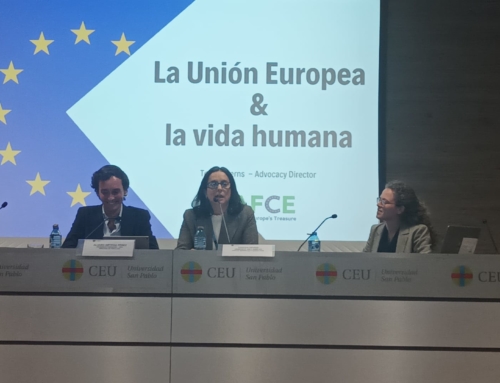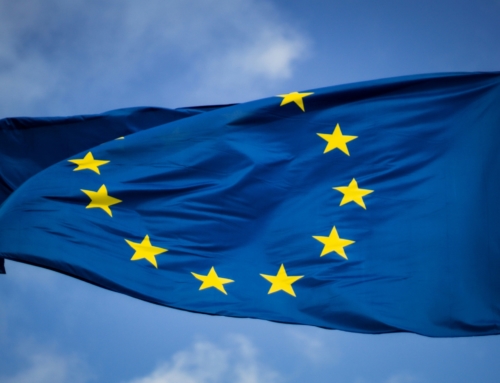Webinar on “Family work-life balance in times of demographic changes: a tool for intergenerational solidarity”
A call to invest in families and equal opportunities for parents
3rd of June 2021,
Following the International Day of Parents, FAFCE organised a Webinar on “Family work-life balance in times of demographic changes: a tool for intergenerational solidarity”, on the 2nd of June 2021. Participants highlighted investment in the family as the foremost tool for sustainable development in Europe and exchanged on the need to ensure equal opportunities for parents.
Vincenzo Bassi, President of the Federation of Catholic Family Associations in Europe (FAFCE), framed the issue in his opening address, “The discussions of today will tackle the work-life balance of parents and the obstacles they face. The overall question of today is: what space do we give parents to be parents in today’s society?”
Members of the European Parliament brought a policymaker’s perspective to this debate. MEP Michaela Šojdrová (Czechia, EPP) stressed the need to recognise the role of motherhood and parenthood, and the role of parents towards their children, with respect to the subsidiarity principle: “When addressing the topic of children, the EU must not forget the family and parents and support of parents as such. The EU policy must not separate a child from its parents”. The role of parents is of crucial importance and can provide long-term solutions to the current demographic imbalance, as noted by MEP Alexandr Vondra (Czechia, ECR): “Modern demographic policies need to reflect new realities. We need to offer both men and women the best possible opportunities to combine work and family life”. Yet, as MEP Marco Zullo (Italy, Renew) stressed, families face more obstacles than opportunities when it comes to starting a family: “The difficulties in finding a first job and radically changed lifestyles have led to a shift towards older ages in the formation of first families. Precarious work and the consequent economic insecurity do not help young couples even in the search for a home. The choice to have a family must face to all these difficulties.”
Representatives of civil society were also present to share the concrete experience of families. Ms. Bénédicte Colin, FAFCE Project Manager, addressed the specific situation of working mothers in the workplace, who often face various forms of discrimination, known as maternal mobbing: “Motherhood changes the way women are viewed as workers in terms of expected work focus, proficiency, and commitment. These negative perceptions create grounds for discrimination.” Mr. Victor Petuya, President of the European Parents Association (EPA) discussed the need to strengthen fatherhood as a key factor in healthy family life. Marie Oujezdska, Vice-President of Family Union (Czechia) reflected on the notion of “equal opportunities” and stressed the idea that gender inequalities are often rooted in parental inequality, as the status of parents is undermined: “we should make efforts to give those who care an equal status and to enable them to care to the extent that they want to, and at the same time to be valued as carers. Caring for the family is not only a private matter, but at least as socially necessary as participating in the labour market”. Ms. Maria Maroncelli, President of the European Large Families Confederation (ELFAC), highlighted the specific difficulties experienced by larges families, although they represent a key factor in tackling the demographic challenges, underlying the need not “to change families to fit work rules, but to change work rules to fit families.” This will also be possible thanks to the work of family associations, who support families in those difficulties, as raised in the exchange of views by Mr. Bassi.
Mr Luigi Morgano, National Secretary of the Italian Federation of Pre-Schools, former MEP, thanked the different panelists and concluded the Webinar underlining that “in the context of the conference of the future of Europe, we cannot ignore these questions for the future of our Continent“.







